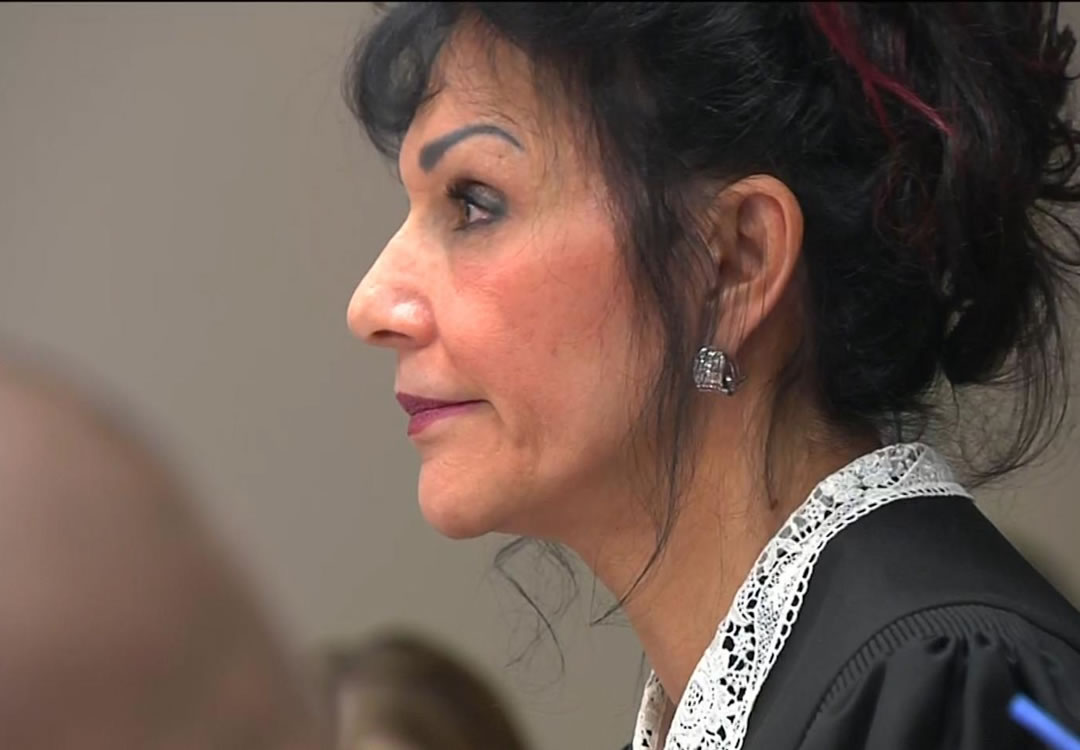Have you ever been involved in a circumstance where you find yourself filing a lawsuit against someone? Or do you have an idea when is the best situation to deal with lawsuits? In this article, we’ll talk about the basic things you need to know when you see yourself in these kinds of situations. As they say, the more you know, the better, so let’s get started.
Filing a lawsuit can range from sustaining an injury to having a dispute with someone. Sometimes, bringing up a lawsuit is not that necessary. Still, there are circumstances where litigation can be one of the best avenues to straighten out a dispute. If you decided to sue, this article might help you go about it. You can find here essential details about lawyers, their job, and their fees. You may select from the different options below.
Determining Where a Person Can Be Sued and What is Personal Jurisdiction
A court’s power is to make things happen for a defendant and to make a final decision about the claims made against or by the defendant. The final judgment entered in connection to their claims is called Personal (or in personam) jurisdiction. However, a court may not exercise judicial power over a defendant if there is no personal jurisdiction. If ever personal jurisdiction is lacking, it will not be honored by a court in a different jurisdiction because it is ineffective. If you want to determine personal jurisdiction, you must evaluate if the courts in your state have a right to make binding decisions and interest in you.
Summary Judgment
A procedural device that is called motion for summary judgment will be attempted to dismiss certain issues from the case. It is a request from the court that there would be no case because there are no facts issued by the other party. Other parties seeking to obtain a judgment on all or part of the case in a summary fashion will file a motion for summary judgment. It means using a method and deciding an issue without the need for a trial.
Trial and Verdict
These days, parties are increasingly opting to settle “out of court” that is why cases are going to trial less frequently. Cases that make it to trial will follow the order in which things happen in the courtroom. There are six main phases in a complete civil trial before we reach a certain verdict:
●Choosing a Jury
●Opening Statements
●Witness Testimony and Cross-Examination
●Closing Arguments
●Jury Instruction

How Retainer Fee Works
The dollar amount that represents a certain number of the lawyer’s work hours at a set price is called a retainer. It also represents an estimate of the total cost of the lawyer’s services on the case. Advance payment is needed before the lawyer works for you. A lawyer that received the retainer will handle your case. Not only that, but they will also represent you if there are any instances that a conflict of interest with a case comes up along the way.
Civil Attorney
They are the ones who seek out legal advice about your case before filing. It is just the first part of a long and often complicated process in handling your case. It is better to find the best lawyer that can surely win your case. An experienced lawyer is much better because he has already handled different cases like yours and he can analyze the information and evidence you’ve gathered. They can also advise you if you have a viable claim or not. A free claim evaluation from an experienced attorney will be able to help you in understanding your case.

Based on Materials from FindLaw
Photo Sources: Justice education, istock, Pexels, Lawfirm


